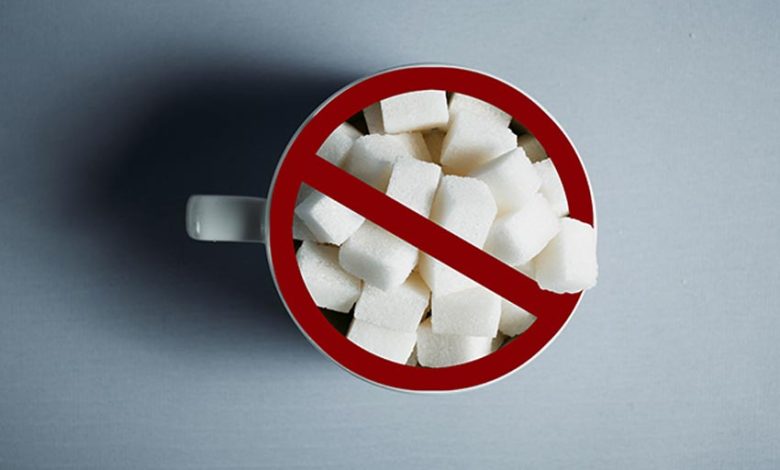Diet sugar or sugar substitutes are substances used in place of sugar-containing sweeteners (sucrose), also known as artificial sweeteners, non-nutritive sweeteners (NNS), and low-calorie sweeteners. Dietary sugar provides a sweet taste to food and drinks without adding calories, as most products do not contain calories. In this article on my website, we will explain in detail the benefits and harms of diet sugar.
Benefits of diet sugar
Dietary sugar has many benefits, including:
Helps you lose weight
Some people replace high- energy sugar with other sweeteners that contain little or no energy (sugar substitutes) to help lose weight and avoid other problems associated with eating extra calories.
Prevents tooth decay
Using sugar substitutes instead of sugar can help prevent cavities.
Maintains stable blood sugar level
People with diabetes have difficulty regulating their blood sugar levels. Therefore, it is recommended to replace sugar with artificial sweeteners to enjoy the taste of foods and drinks.
While some sugar substitutes release energy, they are metabolized more slowly, so blood sugar levels remain more stable over time.
Reduces fat in the liver
Some studies have shown that replacing regular soda with diet soda can reduce the amount of fat around the liver.
Calorie control
Sugar substitutes contain far fewer calories than real sugar. Remember, most of them are calorie-free. Consuming artificial sweeteners can provide a way to avoid the use of processed sugar altogether.
Damage to diet sugar
There is debate about whether the use of dietary sugar poses a health risk. Among the potential harms associated with sugar substitutes:
Increased obesity: A study conducted by the University of Texas Health Science Center at San Antonio found that rather than promoting weight loss, diet drink consumption was a marker of weight gain and obesity. It turns out that those who drank diet sodas were more likely to gain weight than those who drank naturally sweetened sodas. An imbalance in gut bacteria in some people, which can increase the risk of disease. Some artificial sweeteners, such as aspartame, can cause Troublesome symptoms such as headaches, depression, and seizures in some people. Saccharin may cause breathing difficulties, a rash, or diarrhea, especially in people who are allergic to sulfonamides (the class of compounds to which saccharin belongs). At high temperatures, dietary sugar can break down (sucralose) and produces harmful substances that may increase the risk of cancer. Artificial sweeteners can alter the gut microbial flora, causing poor blood sugar control and potentially increasing the risk of type 2 diabetes. Depression: Observational studies have found a rise in Depression rates among people who drank four diet soft drinks per day

